Frank Gill Jr.
Nacimiento : 1907-12-17, Illinois, USA
Muerte : 1970-07-11
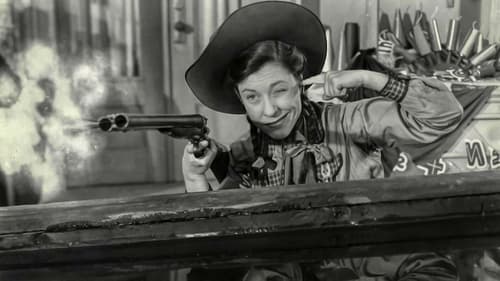
Story
Judy and her grandpa run a trolley between a train depot and a ghost town in Nevada, near the California border. Three spies intent of tracking down an atomic missile gone astray arrive. When the trolley breaks down, Judy and Grandpa unwittingly install the engine from the nearby crashed missile.

Screenplay
Music manager Janey Edwards poses as a co-ed to get the rights to a song from one of the professors.
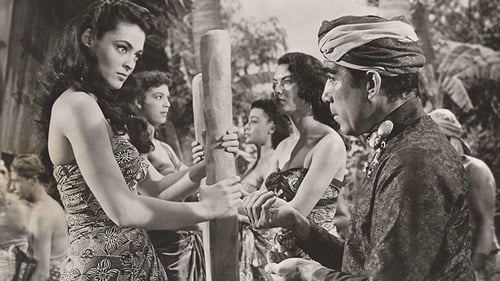
Screenplay
Duke Mullane, gerente de una mina de estaño malaya, va a una isla poco conocida para abrir una nueva mina en la selva. Inicialmente, los nativos de allí son amistosos, especialmente el bailarín Minyora ... quien demuestra estar afianzado con el gobernante local King Kiang. Por desgracia, una serie de desafortunados incidentes cambia la actitud de Kiang hacia la hostilidad, y Duke queda varado con su tripulación, Minyora, y su vieja llama Lory ... ¡que ahora está comprometida con su jefe!
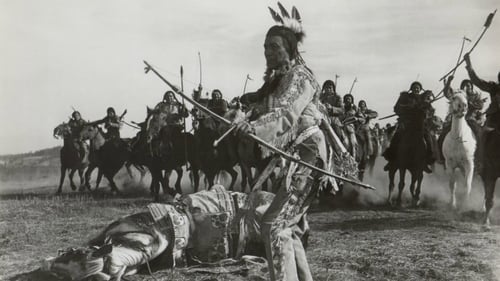
Additional Dialogue
Durante la Guerra de Secesión, un grupo de agitadores sudistas se dedican a enturbiar la paz de los soldados de la Unión con los Sioux, en Wyoming. Les ayuda un vendedor de caballos sin escrúpulos.
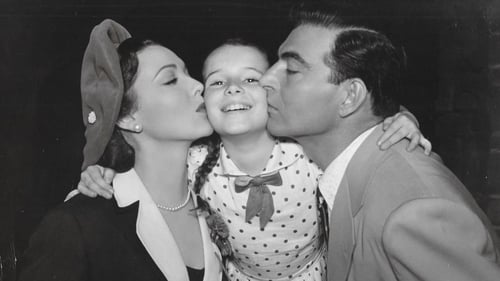
Writer
The naive Evelyn Warren, elected school teacher of the year by Time Magazine, goes to Las Vegas, where she loses a lot of money. In order to pay her debts, casino manager Matt Braddock asks her to take care of his sad little daughter Diana.

Screenplay
An aspiring singer and her lover, a songwriter who has desperately resorted to writing radio jingles, have many conflicts on their road to success...

Screenplay
A Mexican crooner tries to put off fans by faking marriage to his American co-star.
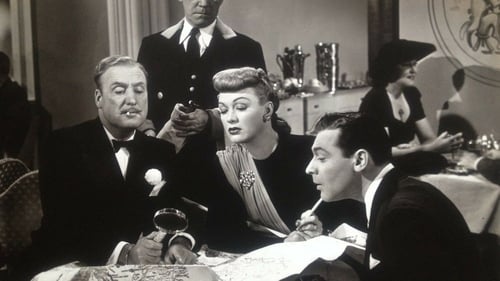
Screenplay
Broadway producer Earl Carroll was a Ziegfeld-like entrepreneur who staged lavish revues featuring attractive young ladies. Carroll's annual "Vanities" provided story material for three Hollywood films: Murder at the Vanities (34), A Night at Earl Carroll's (40) and Earl Carroll Vanities (45). This last film was produced by Republic Pictures, a bread-and-butter studio specializing in Westerns and serials; Republic had made musicals before, but few of them were expensive enough to allow for lavish production numbers. Earl Carroll Vanities is likewise rather threadbare, though some of the individual musical highlights aren't bad. The plot, such as it is, concerns financially strapped nightclub owner Eve Arden, who finagles Earl Carroll into staging one of his revues at her club.
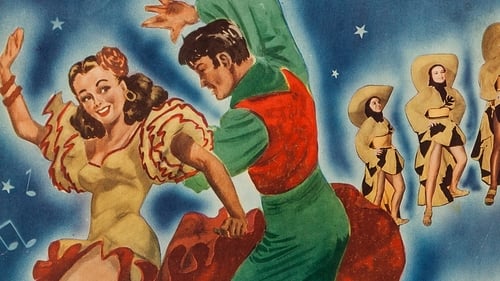
Screenplay
Brazil is perhaps the best of the handful of US films made by Brazilian singing sensation Tito Guizar. In typical screwball-comedy fashion, the plot is set in motion by authoress Nicky Henderson, who has hit the best-seller charts with her latest tome, Why Marry a Latin? While researching her next book in Rio De Janeiro, she finds out "why" when she meets handsome songwriter Miguel Soares. Upon learning about Nicky's book, Miguel decides to teach her a few lessons in the affairs of the heart. Edward Everett Horton is also on hand, twittering his way through the role of a well-meaning buttinsky. Thanks to the "Good Neighbor" policy of the 1940s, South American musicals were a glut on the market, but Brazil was good enough on its own merits to pay its way at the box office.

Screenplay
In 1915, Atlantic City is a sleepy seaside resort, but Brad Taylor, son of a small hotel and vaudeville house proprietor, has big plans: he thinks it can be "the playground of the world." Brad's wheeling and dealing proves remarkably successful in attracting big enterprises and big shows, but brings him little success in personal relationships. Full of nostalgic songs and acts, some with the original artists. Reissued in 1950 as "Atlantic City Honeymoon".

Writer
A stripper (June Havoc) discovers a professor (Joe E. Brown) spends summer teaching Shakespeare and winter as a burlesque comic.

Screenplay
Young radio personality Judy Joyner becomes mayor of the moribund town, Sleepy Lagoon, after running on an all women ticket and promptly sets out to turn the town around.
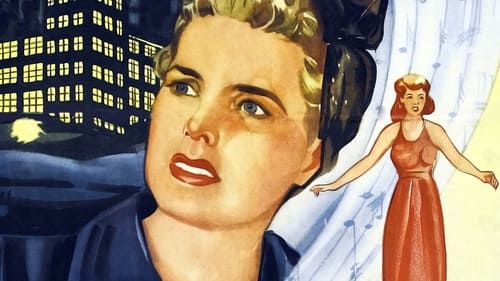
Screenplay
In this wartime musical, a feisty singer working in a London dive swears that she will become a star. She gets a job in an airplane plant when she learns that her fiance, a producer, and his partner are looking for new talent at the war factories. While working there, the woman meets a handsome RAF officer and falls in love. This causes some trouble.

Screenplay
When amateur songwriter Jill Wright moves from the Midwest to New York City, she is dismayed to discover that Rick Farrell, the owner of Miracle Publishing Co., has claimed as his own the song she submitted to his company. One of the many films made at Republic with a year attached to the "Hit Parade" title, which came from the "Hit Parade" radio program sponsored by Lucky Strike cigarettes.

Additional Dialogue
In this musical, a gang of college students decide to play a little trick by creating the perfect student. The fictional gal has everything a university would ever want. The trouble begins when the campus psych professor becomes determined to meet this girl. If the gang cannot bring her forward, they will be expelled. They hire a New York actress to portray the imaginary girl and all is well at the end. Songs include: "It Seems I've Heard That Song Before," "You're So Good to Me" "If It's Love," "Man," "Gotcha Too Ta Mee," "You Got to Study, Buddy." All the songs were penned by Sammy Cahn and Jule Styne who went on to become one of Hollywood's top song-writing teams.













